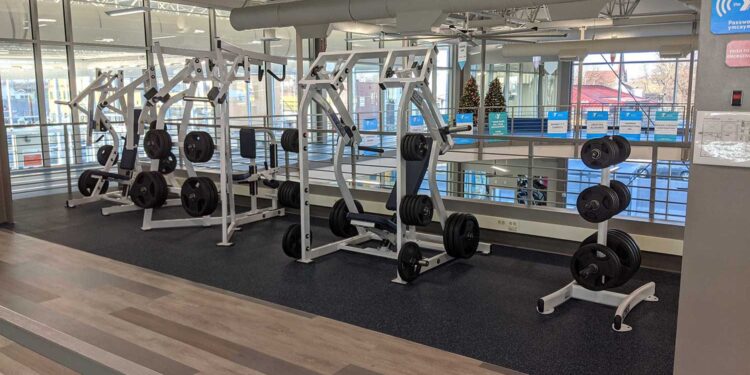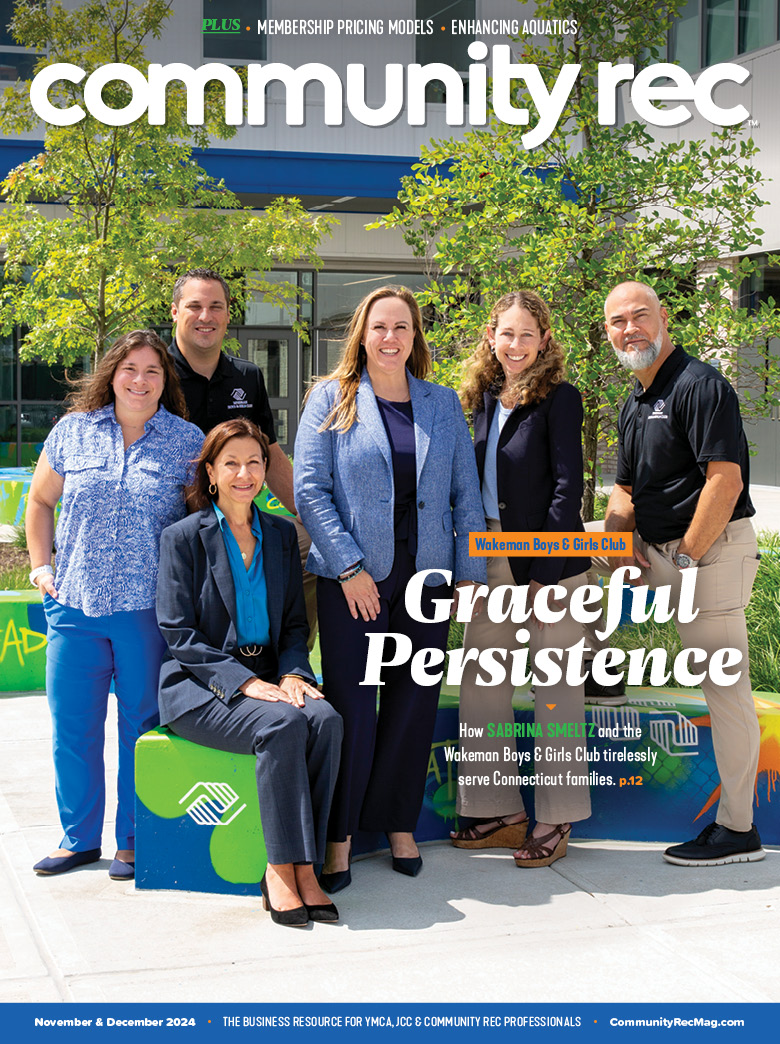Community rec centers are playing from behind. Despite the multitude of offerings organizations have put in place to keep the community engaged — virtual classes, socially distanced day camps and learning centers — generating membership revenue during and after COVID-19 shutdowns has been a major challenge.
The YMCA of Greater Louisville is just one organization across the country feeling the strain of limited operations, with only 40% of its members currently engaged in programs. “We’ve been very pleased with the reaction of the people who are coming back, but it’s not ramping up quite as quickly as we thought it might,” said Steve Tarver, the president and CEO of the Louisville Y.
As a result, the Louisville Y has had to seek other sources of revenue, particularly funding at the national and state level. However, depending on their size, certain loans aren’t available to some organizations, as is the case with the Louisville Y.
“We’re involved in the public policy movement around federal legislation,” said Tarver. “The large nonprofits like us have not had access to any Small Business Administration (SBA) loans or Paycheck Protection Program (PPP) loans, and only recently have we gotten access to the Main Street Lending Program, and that’s a loan program that doesn’t offer forgiveness.”
Advocacy with state policymakers is another way to bring attention to the need for funding at community rec centers. In this area, the Louisville Y has gotten a lot of help from its board of directors.
“Our board members have been very active in advocating with others on the state level about opening up some of these funding sources to people like the Y and other nonprofits,” explained Tarver. “It makes sense — we reduce the burden on the government by stepping in at some of those places where we can serve the most vulnerable folks.”
And while the Louisville Y is advocating nationally and statewide for better nonprofit funding, Tarver and his team are also exploring ways to partner with local organizations to help deliver needed community programs. “We’re trying to evaluate now if there are partnerships where we can get some faster funding to help support the goals of the school system, which we’ve been involved in for over three decades,” said Tarver.
Grants are another option for funding, even in the midst of a pandemic. While temporary, grants have provided some financial relief for some of the Louisville Y’s programs.
“We’ve had some success with grants, such as the Child Care & Development Block Grant (CCDBG),” shared Tarver. “There may also be other things we can incorporate with partners in the community. We’re evaluating all our options.”
If you’re like so many of the other community rec organizations in the U.S. facing financial struggles, it’s important to advocate with state and national policymakers on behalf of your organization and the importance of the community rec industry to the country’s physical and mental well-being.
Bobby is the former editor of Community Rec Magazine.










